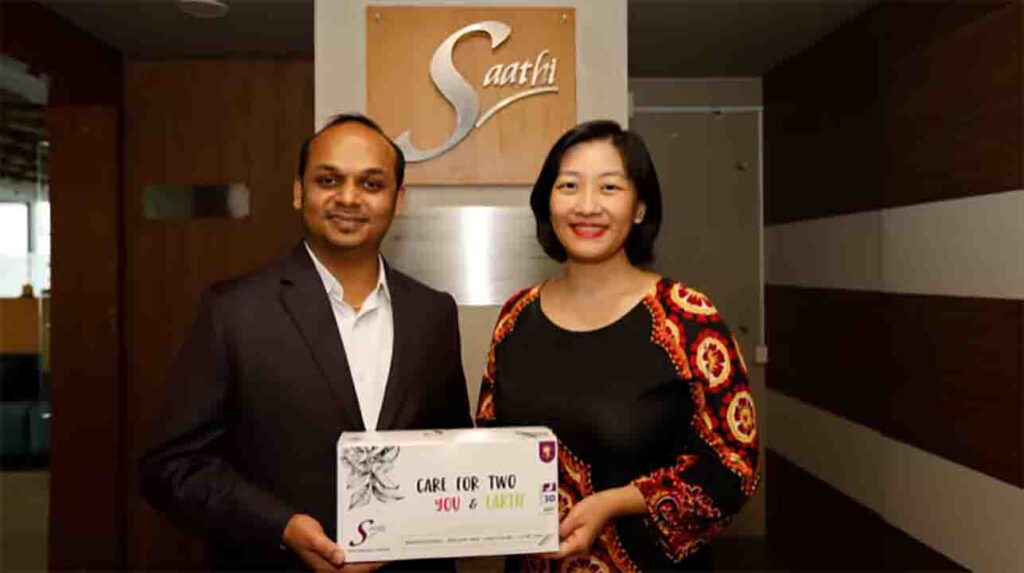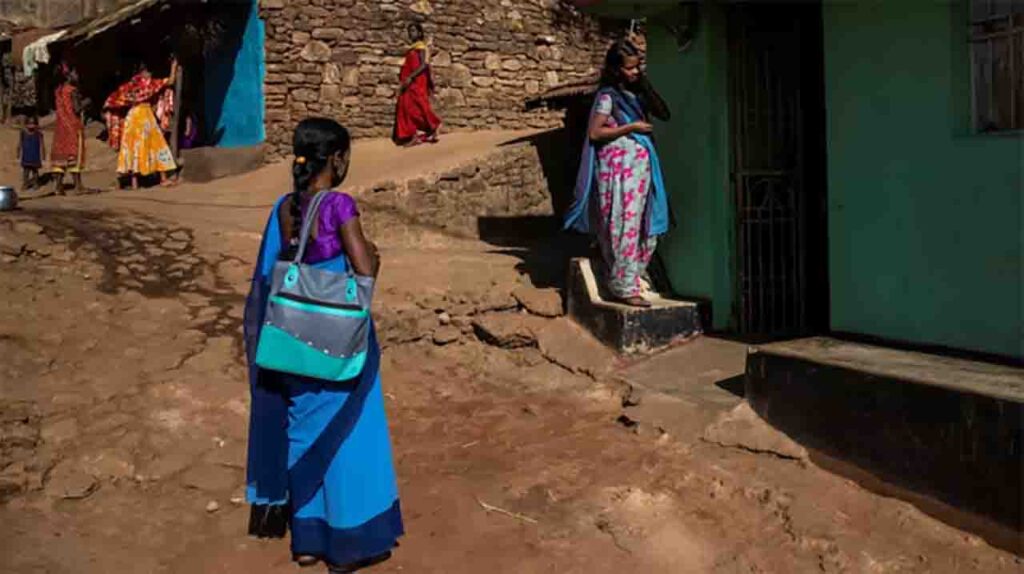Mumbai India (Commonwealth Union)_Discussion on female hygiene and health is taboo in most of rural India, especially in farming communities, which also means women have little or no access to menstrual products. Access to menstrual products is taken for granted in the west with even the smallest and most rural convenience store or pharmacy having these products freely available for sale.
Unfortunately, this is not so in most parts of South Asia including India, Pakistan, Bangladesh and Sri Lanka where cultural mores make it taboo for menstrual hygiene to be spoken of in the open. This repressive attitude and mindset has taken its toll on women and girls’ reproductive health and eventually the nations’ productivity. While movies like ‘The Pad Man’ helped to shed some light on ‘speaking the unspoken’, there are those who have decided to take the issue head-on.

Japan’s Unicharm stepped into the northern Indian state of Uttar Pradesh recently, launching women-led startups to sell menstrual pads. As part of its CSR initiatives, Unicharm launched Project Jagriti, which means ‘awakening’ in Hindi partnering with NGO Pure India Trust. It works on the three pronged effort of nurturing female entrepreneurs who would gain a sustainable income through their shops, make menstrual products freely accessible to women and girls and promote discussion on a topic that has for long been pushed under the carpet and negatively impacted the health of women and girls.
Quantifying numbers into perspective, a pack of six menstrual pads costs INR 36 and the women can earn about INR 3000 in profit by selling these packs. More than 130 women have now joined the entrepreneurship project which Unicharm intends expanding to 3,500 by 2030. Augmenting the entrepreneurship process, Unicharm has also been conducting awareness programmes on menstruation and female hygiene since 2014 reaching 150,000 currently with hopes of one million by 2030 being added to the awareness programme.

While India’s population has just hit the milestone of overtaking China, there has been uptick in sales of female sanitary products to USD 828 million in 2021 which is an increase of 80% from 2016. However, usage still remains low with only about a 40% adoption rate. With girls forced to stay home from school and women not able to go to work due to the onset of their period, the country’s productivity and future knowledge base is at stake. India is ranked 135th from 146 countries in the World Economic Forum’s Gender Gap Report 2022.
The issue is now gaining added focus with the Nikkei Asia Award conferred to Kristin Kagetsu who together with Tarun Bothra established Saathi (translated to ‘companion’ in Hindi) for the project of manufacturing sanitary napkins from locally sourced banana and bamboo fibre – the evaluation stated the award was given for its unique technology and potential benefit to society.
















